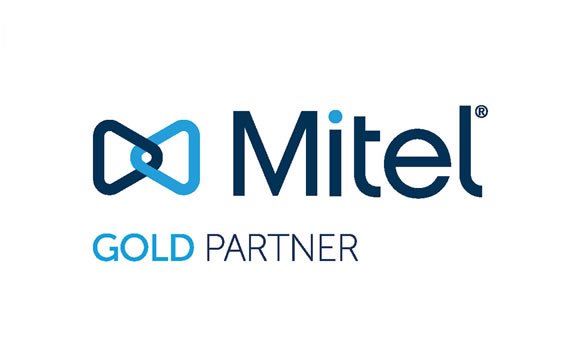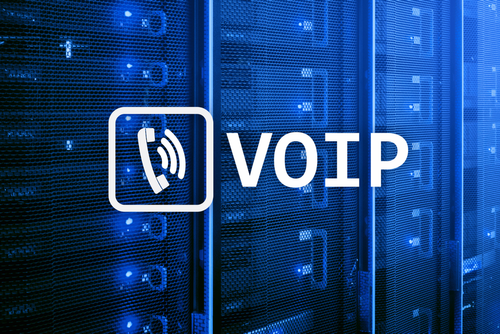TSI has provided reliable telecommunications services for Scholze Ace Home Center in Black River Falls, Wisconsin for over 37 years. Store owner Dan Scholze succinctly sums up his reasons for the long-term partnership: “The people. The service.”
Founded in 1984, Dan’s company is a full-service Ace Hardware store providing a full line of hardware, lumber, and building materials to service contractors and do-it-yourselfers throughout Jackson County.
Recently, Scholze Ace Home Center switched from an on-premise phone system to a cloud business phone system. The adjustment wasn’t without challenges, but Dan says TSI was there with guidance and support every step of the way. Here’s why Dan and Scholze Ace Home Center continue to partner with TSI in a business relationship that’s nearly four decades strong.
Reliable Cloud Business Phone System
Dan says reliability is paramount for his business, and TSI’s solutions help his team of 35 employees keep up with call volume and deliver the exceptional service they promise to their customers.
“The phone doesn’t quit ringing, and communication is the bottom line,” he says. “Forever, the phone has been how you communicate when you’re not on-site or in person. Obviously, it’s not as critical with email and texting, but most of the time in retail, a lot of the information that customers need goes through the phone system.”
Expert Guidance
Scholze Ace Home Center has upgraded its phone system multiple times over the past 37 years, and Dan says he appreciates how TSI acts as an advisor – not a salesperson – to recommend solutions that meet his company’s needs. He even has a letter from 1991 in which he expressed his satisfaction with TSI’s service and support.
I’ve always felt like they’ve listened to our needs. When we first started, they didn’t try to sell me a system that was oversized or too big for what I needed,” he says. “When we were ready to grow, they were there with the next step. They understand our business and our needs, and they respond accordingly.”
Overcoming Cutover Challenges
Though Scholze Ace Home Center had long been on an on-premise phone system, Dan said they decided to switch to the cloud to modernize their communications. Though he found the new cloud business phone system reliable and packed with advantageous features, the transition wasn’t without challenges as his staff needed to learn how the new system worked and differed from their previous system. TSI was there to help.
“Every time a new system comes in, we have to learn the new dynamics of it. Just like a computer system, it takes time to get used to all those new features. That doesn’t mean it’s bad. Change always means an adjustment of some sort, and you have to go with the flow if you’re going to be in business in this time frame in history,” Dan says. “There were some cloud features we liked, and some we did not like, and the TSI folks worked really hard to find solutions. They helped us work through what few bugs we experienced in a timely manner. The TSI people are fantastic, and that’s why we’ve stayed with them.”

Ongoing Support
Beyond reliable phone service and guidance, Dan says people and service are the most important reasons Scholze Ace Home Center continues to partner with TSI.
“It’s the service and the people that work there. They’ve taken care of us. Some of the primary technicians have been with us from the beginning. They know our system and if and when we ever have a problem, we’re roughly an hour away from Eau Claire,” he says. “I don’t believe we’ve ever waited more than a couple hours and they have service people down here if we have an outage or another problem. A lot of times, they can fix it over the phone. Believe me, I get a lot better service with TSI than I did with the phone line carrier.”
Overall, Dan says he’s very satisfied with TSI’s support and training, and over the years, he’s had no reason to shop around for other vendors.
“Hardware and retail are relationship businesses, so those relationships are important,” he says. “I would tell anybody that, from my experience, TSI’s service is second to none.”
Reliable communications and expert service are vital to business success. TSI is proud to partner with Scholze Ace Home Center and ensure communications remain a strength for their team and their business.

Cady Business Technologies is proud to be a Mitel Gold Partner.
Our strong relationship with Mitel over many years allows us to offer the reliability and expertise your Mitel solution requires.
Contact us today to help create a plan that will support your business needs and budget.











 “Our phone system is frequently the first point of contact for citizens with questions or who need city services,” Haga says. “This could be as simple as wondering how to obtain a dog license or as crucial as needing police sirens. Cady helps us keep those lines of communication open.”The Minnesota municipality has long relied on Cady to support its Mitel
“Our phone system is frequently the first point of contact for citizens with questions or who need city services,” Haga says. “This could be as simple as wondering how to obtain a dog license or as crucial as needing police sirens. Cady helps us keep those lines of communication open.”The Minnesota municipality has long relied on Cady to support its Mitel 



